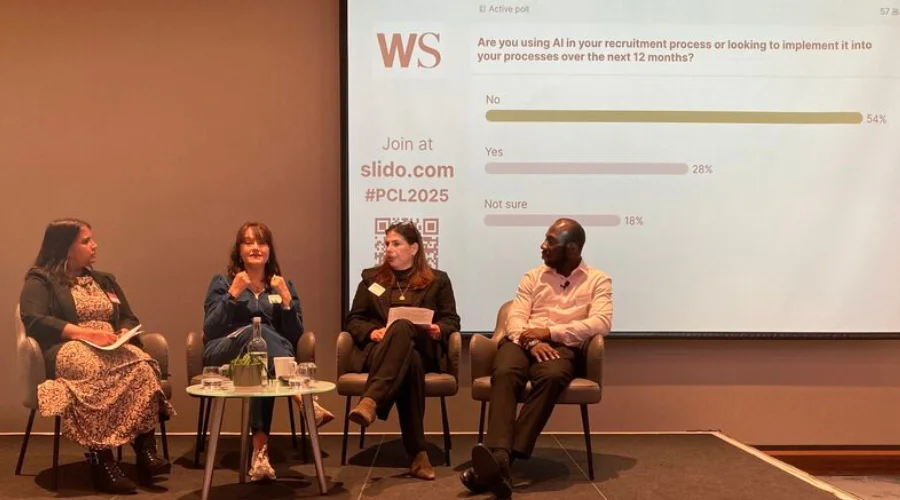
Quick CV Dropoff
Want to hear about the latest non-profit and public sector opportunities as soon as they become available? Upload your CV below and a member of our team will be in touch.

A mentorship is a professional relationship in which an experienced person (a mentor) helps a less knowledgeable person (a mentee) develop their abilities and enhance their personal and professional growth. Mentors typically teach skills, give advice, share networks and resources, and challenge their mentee to move beyond their comfort zone. Mentoring is also a great way to improve diversity in the sector, as it can help to give different groups of employees a boost up the career ladder.
Each year on the 27th October National Mentoring Day is celebrated. This was launched to recognize and celebrate the benefits of mentoring. Although it may seem like a one-sided relationship, mentoring is actually extremely beneficial to both the mentee and the mentor.
New skills and knowledge
A mentor will give you practical advice and support and share their knowledge with you, helping you to learn from their experience. If your mentor is from another organisation with more resources, you may also be able to benefit from those. Finding out more about your mentor’s job will give you valuable insight into the next stage of your career.
Support from an impartial advisor
A mentor should be able to give you unbiased critique and fair advice, to help you improve your performance at work. They will also give you a different point of view on the challenges of your role, uninfluenced by office politics or set ways of working. A good mentor should constantly spur you on to improve and move out of your comfort zone into new ways of working.
A higher professional profile
As your mentor will be more experienced than you, they are likely to have access to a wider range of professional contacts and could help introduce you to people who will help your career to progress. Being willing to undertake a mentorship scheme shows that you take your career seriously and are willing to invest time and effort into improving yourself, which should help you to be taken seriously both within your organization and your chosen field.
Better career progression
As well as helping you to improve your performance in your current role, mentoring will also increase your professional confidence, help you to be more secure in making decisions, and can help develop your ‘soft skills’ like communication, problem-solving, and creativity. These will all stand you in good stead as you progress up the career ladder. A mentor will also be able to give you advice on which career path would be best for you.
Reinforce your own abilities
Teaching others is a great way to bolster your own knowledge of your area of expertise and is a great opportunity for you to take a critical look at your own methods and targets. Discussing how your mentee works can give you a fresh perspective and ideas for new ways of working that could benefit your own practice.
Build leadership skills
Mentoring someone can help you to improve your own communication and personal skills, as you need to be able to listen and encourage your mentee, give them advice, and help them set achievable goals; all skills that you need in order to successfully manage a team. Mentoring can also boost your confidence and motivation, giving you the impetus to develop your own career.
Enhance your CV
Becoming a mentor shows that you take your profession seriously, are willing to take on extra responsibilities, and able to support others; all things that are valued by employers. Mentoring helps to develop your professional reputation, as it proves that your expertise and insight are valuable to others. Plus, mentoring will introduce you to more professional contacts working in your field, which is always useful for your career.
Gain a sense of fulfilment
Taking part in a mentorship scheme provides great personal satisfaction, as you are not only supporting your mentee, your profession, and your sector but also receiving recognition for the skills and experience you have gained. Plus, mentoring can provide a welcome break from the routine of your day job.
If your own organisation does not offer a formal mentorship scheme, you could ask your managers, colleagues, or network of professional contacts for advice. Events, online forums, and LinkedIn groups devoted to your field are great places to search for possible mentors. Don’t be nervous about approaching people – it’s very flattering to be asked to become a mentor. Even if they are not actually able to help, they may be able to recommend a contact.
Many professional associations also offer mentoring schemes, such as: